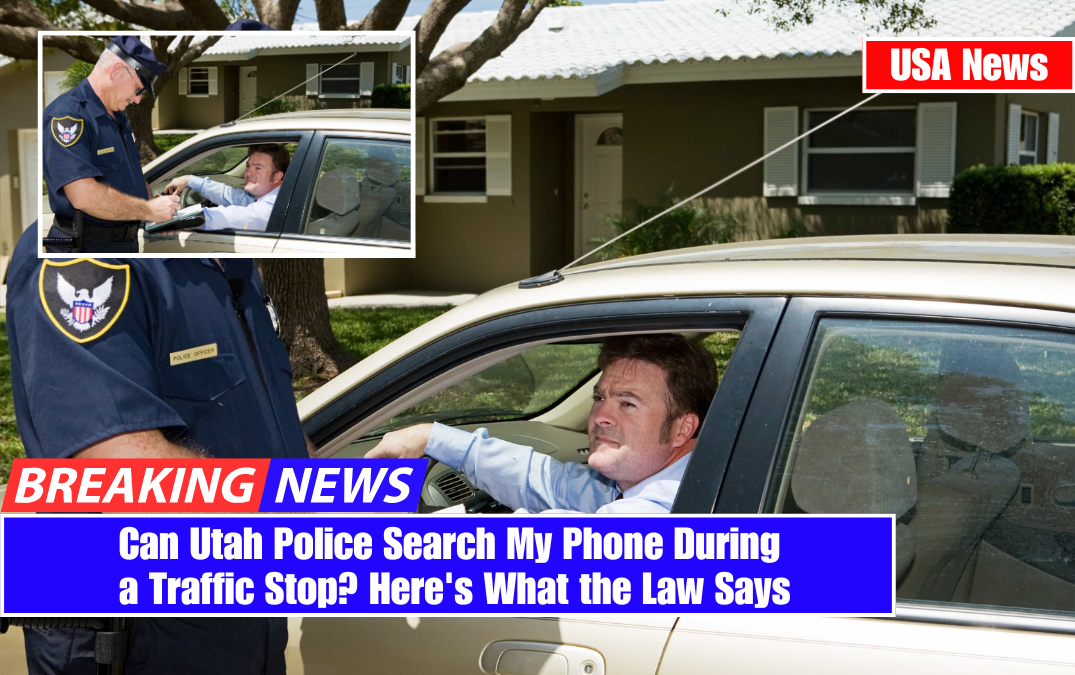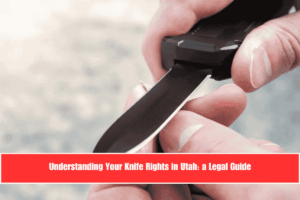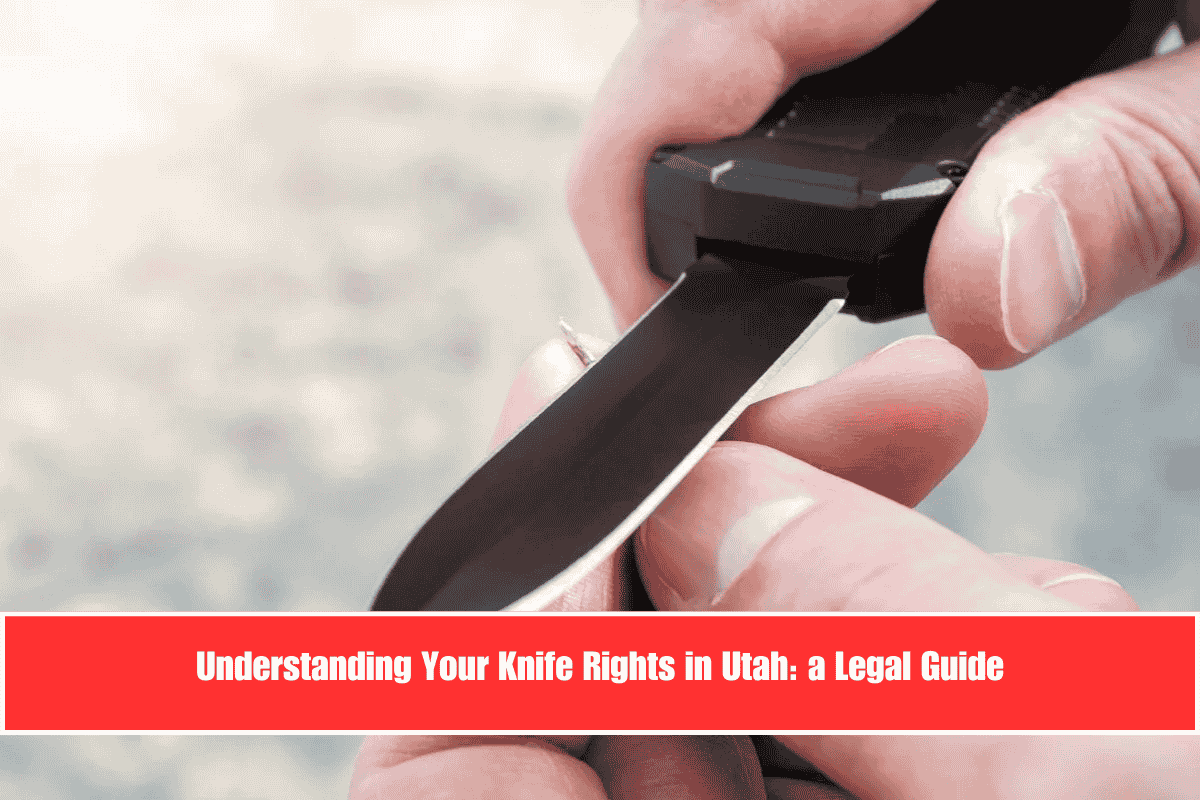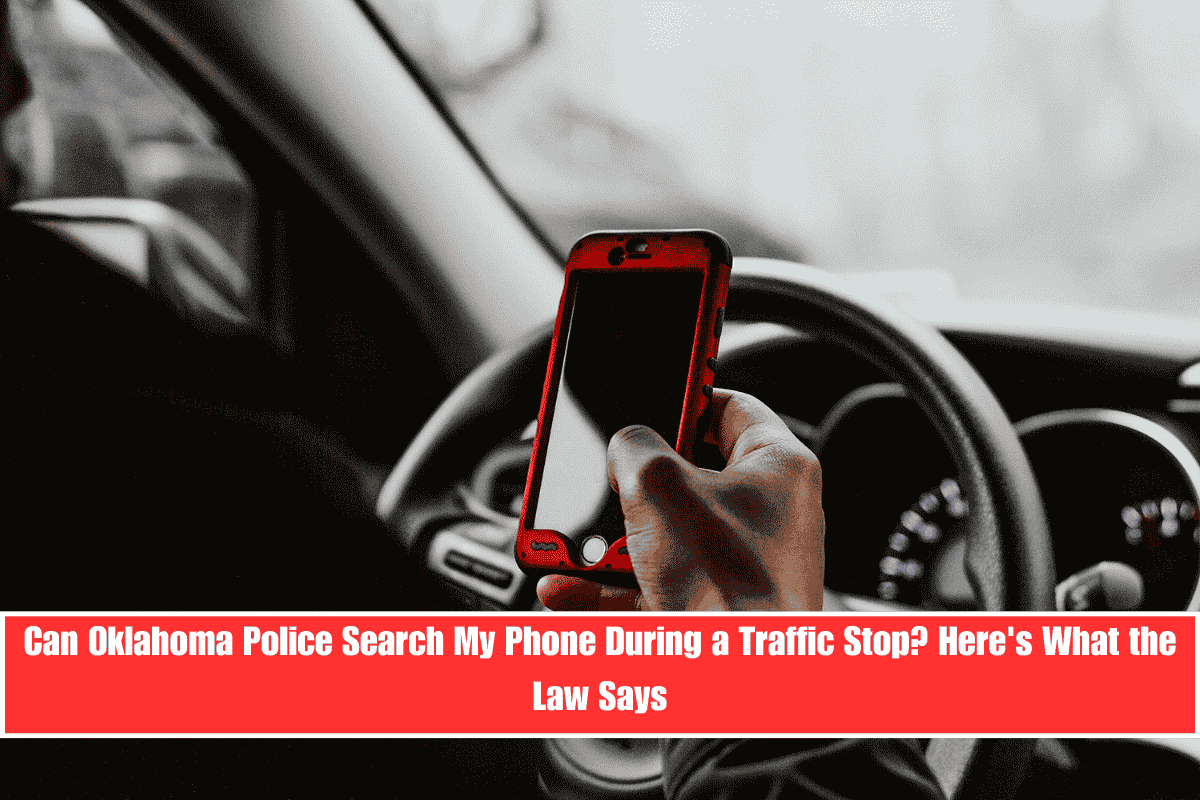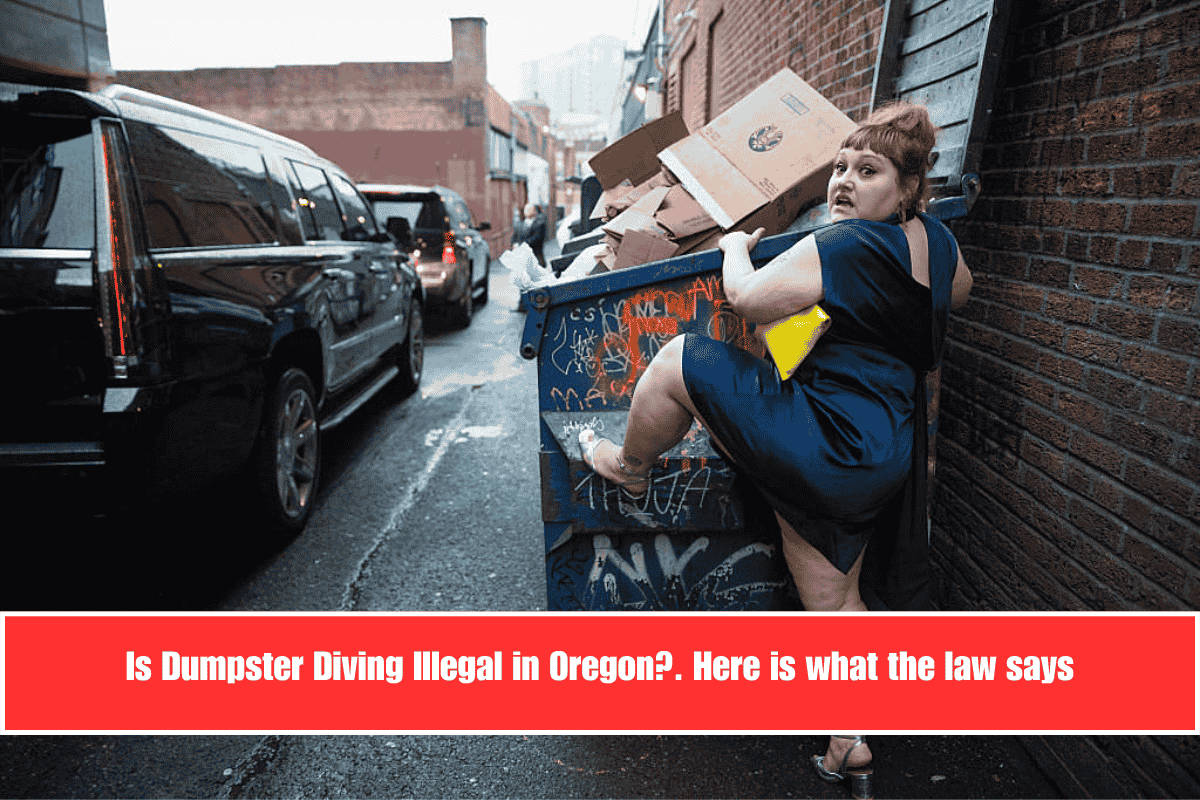In Utah, police cannot search your phone during a traffic stop without a valid search warrant or your explicit consent. This protection is grounded in the Fourth Amendment and reinforced by Utah’s Electronic Information or Data Privacy Act. Here’s a detailed explanation of the law and how it applies to traffic stops:
Legal Framework
- Fourth Amendment Protections: The Fourth Amendment safeguards against unreasonable searches and seizures, including digital devices like phones. This means law enforcement generally needs a warrant to search your phone.
- Utah’s Electronic Information or Data Privacy Act: This state law specifically prohibits police from accessing electronic devices without a warrant, further solidifying privacy protections for Utah residents.
Warrant Requirements
- Probable Cause: Police must demonstrate probable cause to obtain a warrant. This means they need evidence suggesting your phone contains information relevant to a crime.
- Exceptions: There are exceptions where police might not need a warrant, such as when there’s an immediate risk of evidence destruction. However, these exceptions are narrowly defined and typically require urgent circumstances.
Consent Issues
- Voluntary Consent: If you voluntarily consent to a search, police do not need a warrant. However, you have the right to refuse consent, and it’s advisable to do so unless you’re certain of your rights.
- Coercion: Consent must be voluntary. If you feel pressured or coerced into allowing a search, it may not be considered valid.
Traffic Stop Scenarios
- Traffic Stop Rights: During a traffic stop, police can only search your phone if they have a warrant or your consent. They cannot conduct a warrantless search simply because they stopped you for a traffic violation.
- Post-Arrest Seizure: If you’re arrested, police can seize your phone but cannot search its contents without a warrant. They may hold the phone until they obtain a warrant or until you’re released.
Utah’s laws provide strong protections against warrantless searches of phones, including during traffic stops. Understanding these rights is crucial for ensuring that your privacy is respected. If police attempt to search your phone without a warrant or your consent, you should seek legal advice to protect your rights.
Key Points:
- Warrant Requirement: Police generally need a warrant to search your phone.
- Consent: You can voluntarily consent to a search, but it must be without coercion.
- Exceptions: Narrow exceptions exist for urgent situations, but these are rare.
- Traffic Stop Rights: Police cannot search your phone during a traffic stop without a warrant or consent.
- Post-Arrest Procedures: Police can seize but not search your phone without a warrant after an arrest.
SOURCES:-
[1] https://wasatchdefenselawyers.com/utah-search-seizure-rights/
[2] https://www.utahcriminallaw.net/can-the-utah-police-search-your-phone-without-a-warrant/
[3] https://www.utahcriminallaw.net/can-police-take-your-phone-as-evidence-utah/
[4] https://casetext.com/case/us-v-magana-9
[5] https://www.fox13now.com/news/local-news/utah-supreme-court-makes-a-big-ruling-on-cell-phone-lock-screens-and-passcodes
